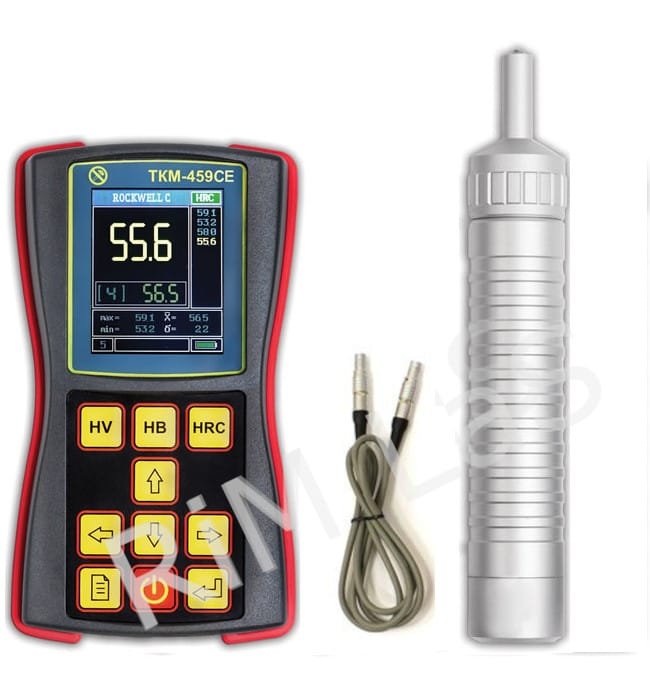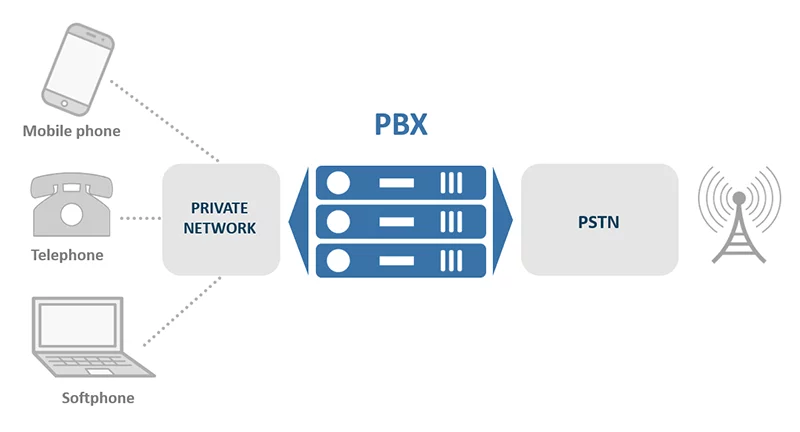Why Choose a UCI Hardness Tester for Material Testing?
In today’s various industries, such as engineering and manufacturing, quality and durability are checked. For the reliability and durability of their materials, manufacturers require automotive parts and aerospace components. In this regard, the demand for a device named the Rimlas UCI Hardness Tester. But why do professionals suggest using this device for material testing? Let’s see the reasons why we prefer using the Ultrasonic Hardness Tester over the traditional method.
What is the UCI Hardness Tester?
A UCI ( Ultrasonic Contact Impedance) hardness tester is an advanced technical device used to measure the hardness of metals and alloys. On the other hand, a traditional hardness tester, which depends on big indentations to device a small hardness tester combined to ultrasonic vibrations. This technique is highly recommended for measuring the hardness of the material without damaging it. Basically, it is a smart, non-destructive way to check the hardness of the material.
Accurate and Trustworthy Result
Accuracy is the main thing in any material testing process. The UCI Hardness Tester is a highly recommended and suggested device because it provides reliable and accurate results. On the other hand, traditional methods create some issues because of the small and thin materials, but the advanced technology uses a UCI hardness tester, which works easily with minimal effort. Providing the measurements are accurate, even for delicate components. For engineers and quality control specialists, this type of accuracy is priceless.
Variable Across Different Materials
One of the best advantages of using the UCI Hardness Tester is its versatility. It can easily check different types of metals, from softer materials like aluminum to extremely hard alloys like stainless steel or titanium. This flexibility is a main advantage for industries that work with different materials in various shapes and sizes. It doesn’t matter that you are checking flat sheets, small parts, or cylindrical objects; the UCI hardness tester can manage it efficiently.
Non-Destructive Testing
A primary problem in material testing is the potential damage caused by testing itself. On the other hand, traditional methods that exist have observable indentations. The UCI Hardness Tester is non-destructive, making it suitable for finished products or components that cannot be changed. This feature confirms the quality of your materials while always providing accurate results.
Fast and Effective Result
Time is always precious in any industry, manufacturing, and quality control processes. The UCI hardness tester is the fastest, providing results in just a few seconds. This speed allows for real-time monitoring on production lines and confirms that any issues that occur are recognised very fast. The benefits of organization include decreased time and less material wastage. And faster product approvals. You can also use the Rimlas Leeb Hardness Tester.
Easy to Use Interface
Trendy UCI Hardness Testers are designed to be user-friendly. They generally feature digital interfaces, simple controls, and automatic functions, which can be easily handled by beginners and do not require expertise to operate the device.
Time Saving in a Long Process
While a UCI Hardness Tester may appear like a higher initial investment as compared to the traditional method, it is time-saving. Its accuracy reduces material waste, and its non-destructive nature prevents damage to expensive components. It also speeds up overall efficiency. By saving on work, decreasing errors, and saving materials, the instrument quickly produces for itself.
Use of the UCI Hardness Tester
The UCI Hardness Tester is used by different types of industries:-
Automotive:- It can check the parts of engines, gears, and structural parts to provide durability.
Aerospace:- Measuring the hardness of the small-sized alloys and essential components.
Metal Vision:-Providing consistent hardness in raw materials and dead products. Now, we can see the whole article in the next phase for a better understanding.
Conclusion
Selecting the right hardness tester can make testing easier and enhance the material’s quality and performance. For these, I suggest you use the Rimlas UCI Hardness Tester. It’s non-destructive testing that maintains the material integrity. For manufacturers, engineers, experts, and quality control teams, investing in a UCI Hardness Tester is more than just a purchase; it’s a commitment to quality, accuracy, and long-term cost and time savings. It provides high accuracy, variety, and efficiency, making it the best choice for professionals in various industries.














